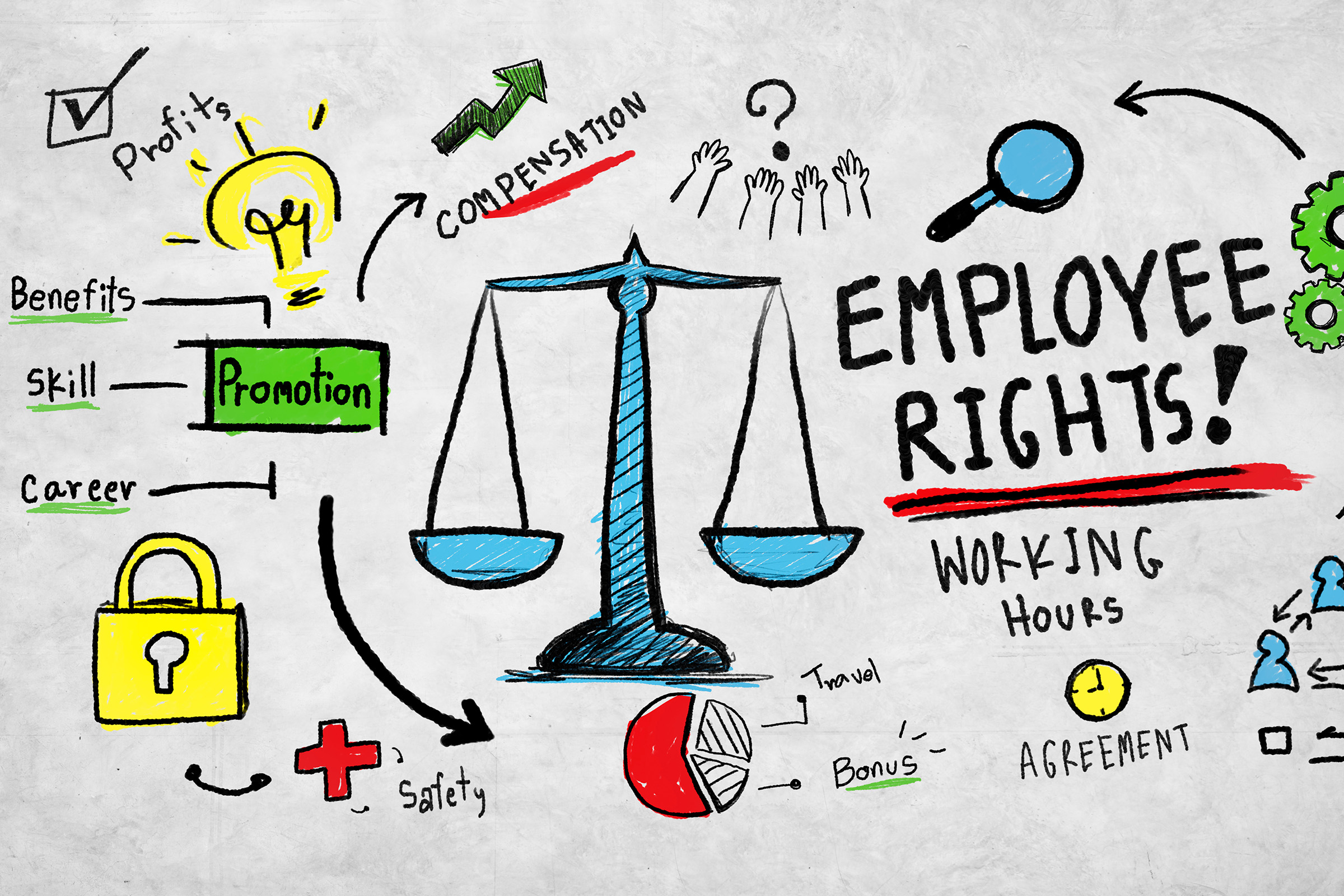- Employment law refers to the legal rights and responsibilities that govern the relationship between employers and employees in the workplace. The scope of employment law varies by jurisdiction, but generally, it covers the following areas:
- Hiring: This includes job postings, job applications, interviews, and background checks.
- Wage and hour laws: This includes minimum wage, overtime pay, and other pay-related issues.
- Workplace safety: This includes safety standards, regulations, and training programs.
- Discrimination: This includes discrimination based on protected characteristics, such as race, gender, age, and disability.
- Harassment: This includes sexual harassment, bullying, and other forms of workplace harassment.
- Leave and benefits: This includes time off for illness, family or medical leave, and other benefits.
- Termination: This includes wrongful termination, severance pay, and other issues related to ending an employment relationship.
- Collective bargaining: This includes the rights of employees to form unions and engage in collective bargaining with their employers.
Employment law is complex and varies by jurisdiction, so it’s important to seek legal advice if you have any questions or concerns about your rights or responsibilities as an employer or employee.

